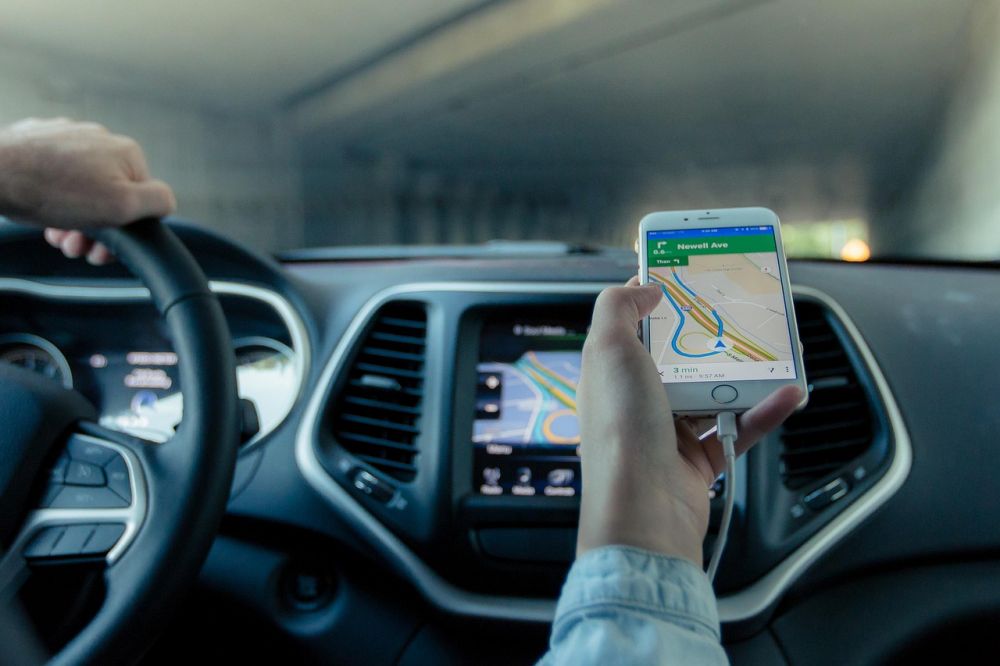Messenger Apps: Revolutionizing Communication in the Digital Age

Introduction:
In today’s fast-paced digital era, staying connected with friends, family, and colleagues has become an essential part of our lives. Messenger apps have emerged as the go-to platform for instant communication, allowing users to send messages, make calls, share media, and more. This comprehensive article explores the evolution of messenger apps, their significance in the modern world, and what every tech enthusiast needs to know about this revolutionary communication tool.
The Evolution of Messenger Apps:

Messenger apps have come a long way since their inception. From simple text-based platforms to feature-rich communication tools, they have revolutionized the way we interact with others. Let’s take a journey through time and explore how messenger apps have evolved:
1. Early Days:
In the early 1990s, internet relay chat (IRC) platforms laid the foundation for real-time text-based communication. These platforms offered basic messaging features, but lacked the intuitive user interface seen in modern-day messenger apps.
2. Instant Messaging:
The late 1990s saw the rise of instant messaging (IM) platforms like ICQ, AIM, and MSN Messenger. These apps introduced user-friendly interfaces, emoticons, file sharing, and contact lists. They quickly became popular among internet users, especially teenagers.
3. Mobile Messaging:
With the advent of smartphones, mobile messaging apps such as BlackBerry Messenger (BBM) gained prominence. These apps allowed users to send messages over data networks, eliminating the need for SMS. BBM played a crucial role in popularizing messenger apps among mobile users.
4. Social Media Integration:
As social media platforms like Facebook, Twitter, and Instagram gained popularity, messenger apps integrated with these platforms to offer seamless communication. Facebook Messenger, for instance, emerged as a standalone app, providing users with a comprehensive messaging experience within the Facebook ecosystem.
5. Multimedia Communication:
With the rise of high-speed mobile internet and improved smartphone capabilities, messenger apps started offering features like voice and video calling, group chats, and multimedia sharing. Apps like WhatsApp, Viber, and Skype took center stage, catering to the growing demand for diverse communication options.
The Importance of Messenger Apps:
Messenger apps have become an integral part of our daily lives. Here’s why they matter:
1. Instant and Efficient Communication:
Messenger apps enable real-time communication, allowing users to send and receive messages instantly. Whether it’s a quick text, an image, or a voice message, these apps facilitate efficient and convenient communication.
2. Global Connectivity:
Messenger apps have connected the world like never before. They enable communication across borders and time zones, bridging gaps and fostering relationships regardless of geographical barriers.
3. Cost-Effective Solution:
With messenger apps, users can save money on traditional phone calls and SMS charges. These apps utilize internet data or Wi-Fi, making communication affordable for everyone.
4. Enhanced Multimedia Sharing:
Gone are the days of sending slow-loading multimedia files via email. Messenger apps enable easy and quick sharing of photos, videos, audio files, and documents, enriching communication with visual elements.
5. Versatility and Integration:
Messenger apps have expanded their scope to offer various features beyond messaging. Integration with other apps and services allows users to book rides, order food, play games, and more from within the messaging interface.
The Future of Messenger Apps:
With technology advancements like artificial intelligence, augmented reality, and virtual reality, the future of messenger apps looks promising. Here are some potential trends:
1. AI-powered Chatbots:
Chatbots integrated into messenger apps can assist users with various tasks, provide customer support, and offer personalized recommendations, enhancing the overall user experience.
2. Virtual Reality Communication:
Messenger apps might embrace virtual reality to offer immersive communication experiences, allowing users to communicate in virtual environments and interact with 3D avatars.
3. Enhanced Privacy and Security:
Given the growing concerns over privacy, messenger apps will likely focus on implementing stronger encryption, secure file sharing, and robust privacy features to ensure user data remains protected.
In Conclusion:
Messenger apps have evolved from basic text-based platforms to powerful communication tools, shaping the digital landscape. Their significance in connecting the world, cost-effectiveness, and versatility cannot be underestimated. As technology continues to advance, messenger apps are poised to undergo further innovation, revolutionizing the way we communicate in the future. So, embrace the power of messenger apps and stay connected in the digitally connected world.
Sources:
– History of Instant Messaging: [link]
– Evolution of Messenger Apps: [link]
– Future Trends in Messenger Apps: [link]

















